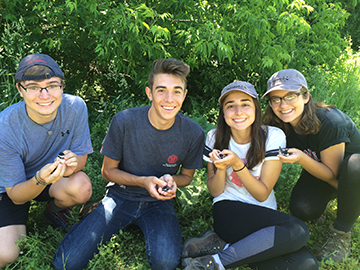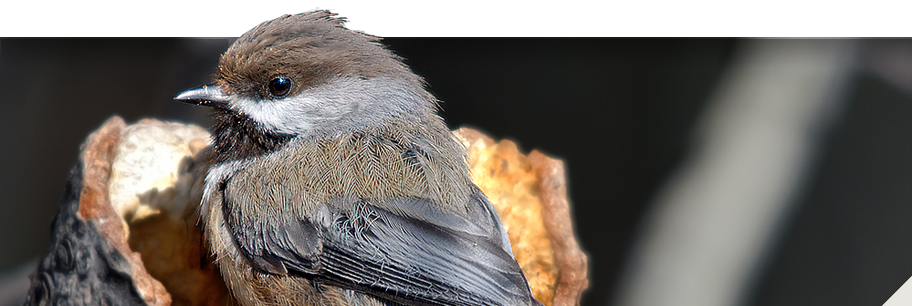 Photo ©
David Bonter
Photo ©
David Bonter
Cornell Students Study Nesting Birds
During the 2016 breeding season, NestWatch took four Cornell undergraduate students under its wing who were interested in learning about nesting birds. Their mission was to study questions of interest to the NestWatch community, particularly questions that would benefit from experimental field research.
As part of this work, which was funded by Engaged Cornell, we enlisted the help of the California Bluebird Recovery Program, New York State Bluebird Society, and the Texas Bluebird Society, three of the largest state bluebird organizations that have collaborated with NestWatch. We asked them, “What questions should our students address?”
Our partnering bluebird societies identified many questions, but three in particular seemed to rise to the top as being of broadest interest to the entire NestWatch community:
1. Does supplemental feeding increase the reproductive success of cavity-nesting birds?
2. Does removing old nests from boxes promote future reproduction?
3. How are changes in weather or regional climates (e.g., El Niño) related to nesting success?
Additionally, the students also contributed to the Sparrow Swap project, a citizen-science initiative managed by the North Carolina Museum of Natural Sciences.
The preliminary results from 2016 will be presented in a poster on campus on October 28, but you can see it online now. Although still in the early stages, we plan to communicate the results of this and other work through a forthcoming NestWatch blog. Stay tuned for more!
 Photo ©
Photo ©